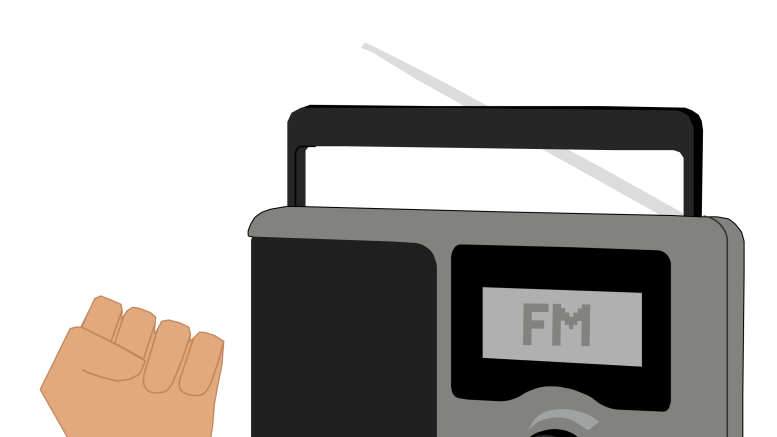Community radio provides a key voice on key issues that commercial radio fails to address while providing healthy and honest engagement with topics that are sorely needed.
UNESCO defines community radio as “a medium that gives voice to the voiceless, that serves as the mouthpiece of the marginalized and is at the heart of communication and democratic processes within societies.”
UNESCO’s definition is at the heart of why community radio thrives. This may be as a result of people’s perception, as reported in surveys, that they feel there has been a reduction in local content and an increase in commercialized music and media.
Canadian community radio stations saw a spike in listeners of 4.4 million from 2017 to 2022, with 66 per cent of Canadians listening to local news on a community or campus station. People involved in social movements are also highly supportive of community radio, with 68 per cent of union members listening to a community or campus radio station.
Campus radio is key in developing the vibrancy of community radio. Campus stations are usually run by students, or a university or college, with programming developed by its students or the local community.
Since being revitalized in 1997, run by U of M students and community volunteers, 101.5 UMFM provides a unique blend of talk, music and specialty programming, catering to the Winnipeg region. UMFM attracts an audience of 45,000 weekly listeners.
In nearly two years as host of Not Necessarily the Automobile on 101.5 UMFM, here are some of the lessons I have learned and the importance of community radio.
New and sharpened communication skills
As a host, I have been able to learn new skills and hone old ones, such as booking guests, researching information and preparing scripts, interviewing guests and mixing audio clips for show preparation. UMFM has allowed me to advocate for key issues that do not get the proper attention normally on commercial radio stations. Campus radio shows like Not Necessarily the Automobile allows for a deeper discussion on the challenges we face as a city, including ever-increasing bus fares, road safety for cyclists and transportation equity. Without shows like the one I host on UMFM, topics like active and public transportation don’t get discussed within the public realm, which is necessary for debate on how we improve our city.
Voice of the voiceless
One of my favourites, WWE wrestler CM Punk, has called himself “The Voice of the Voiceless.” Campus radio stations like UMFM can provide a voice for the voiceless. As a member of the Red River Métis Nation, Indigenous person and champion of public and active transportation, I have used the show to advocate for transportation equity to address climate justice by discussing policy on finishing our active transportation network, reducing city financial waste in accelerating urban sprawl, improving Winnipeg Transit efficiency and reducing financial barriers to public transit access. Many of these issues within public and active transportation can also address working toward Indigenous reconciliation as there is a higher percentage of Indigenous people who use public transit and active transit to get around and live with higher rates of poverty.
Community radio stations are truly the “voice of the voiceless,” as they provide a critical sphere for developing key ideas that don’t get the light of day on commercial radio. These ideas are necessary to ensure a healthy and honest democracy while developing new skills for volunteers to advance their personal and professional growth.
Adam Johnston hosts Not Necessarily The Automobile on Thursdays at 11:30 a.m. on UMFM 101.5. He can be reached at [email protected]



